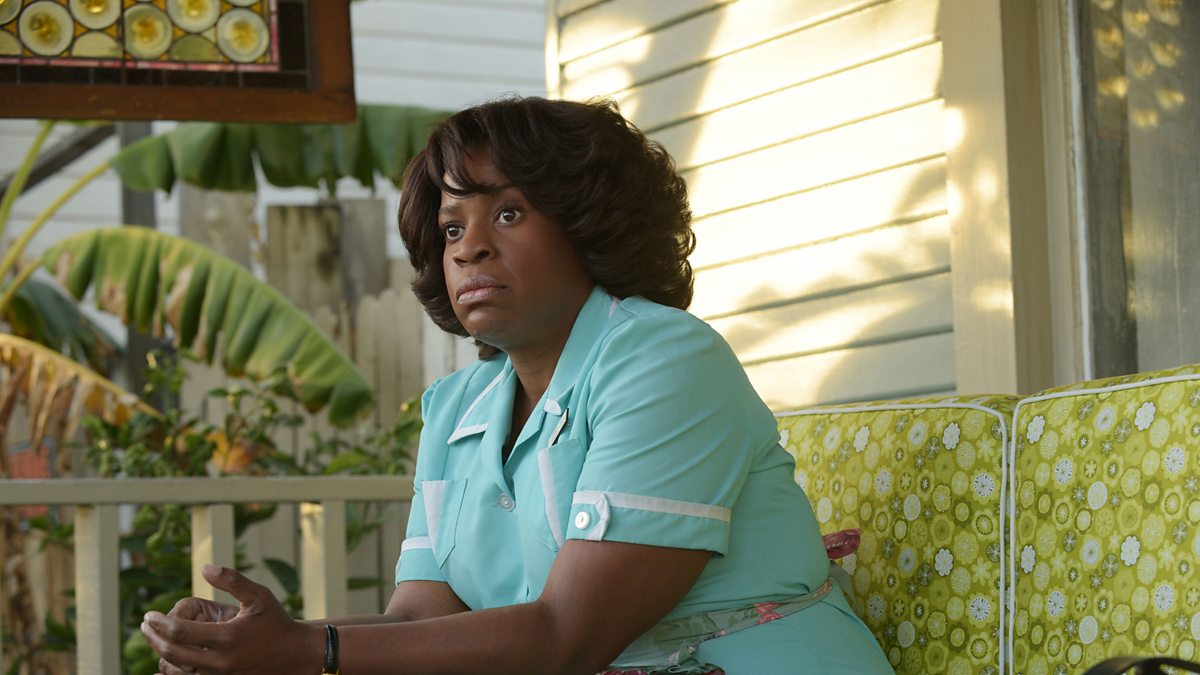We expect characters to change a bit, to get older and slower and maybe wiser.
Still, few have done it with the dizzying speed of Franklin Saint, the centerpiece of “Snowfall” (shown here). When the series started, he was a brainy teen with a strong college future; in this fifth season, he’s been flying a private plane and ruling a business, turning drug deals into real-estate schemes.
Is anything unchanged? “He still loves his family,” Damson Idris, who plays him, told the Television Critics Association. “Despite the animosity …. family has been the thing that’s kept him afloat.”
That’s clear in the season’s fourth episode, which airs at 10 p.m. Wednesday (March 9) on FX, reruns hourly until 2 a.m., then goes to Hulu. Franklin insists everyone catch the welcome-home dinner for his mother; we find big changes in his:
— Mother. “When you last saw Cissy, she became an exile in Cuba,” said Michael Hyatt, the actress who plays her (shown here in an early episode). “It has altered her consciousness.”
–Aunt Louie and Uncle Jerome, now dealers working independently. “Louie was shot and almost killed last season,” said Angela Lewis, who plays her. “I think that’s given her laser focus.”
— And childhood friend Leon, who refuses to go to an elegant dinner while their old neighborhood is being shredded. He’s “exercising his mind and really growing mentally,” said Isaiah John, who plays him.
He has a lot to worry about, as the war on drugs becomes militaristic.
“Snowfall” is set in the 1980s, amid an uneven response: When drugs remain in Black neighborhoods, characters say, the police response is tepid; when whites are affected, that changes.
But there’s more to it than that, as the season’s first scene showed: In 1986, basketball star Len Bias – freshly drafted by the Boston Celtics and about to make millions – died of cocaine-induced heart failure. This was one Black death that stirred white reactions.
“The Len Bias death started this kind of firestorm …. Everybody was up in arms,” said “Snowfall” co-creator Dave Andron.
But the reaction was uneven, said producer Walter Mosley. Cocaine – the drug of the white middle-class (and of Bias, who was Black) — became a lighter offense than crack, the ghetto favorite. “All of a sudden, if you have some cocaine, you get one year; if you have crack, you do eight. (We see) the impact of racism on the trade that Franklin and his crew are involved” in.
Now he’s flying high (literally), living large, fighting strong forces … and clinging to family.
